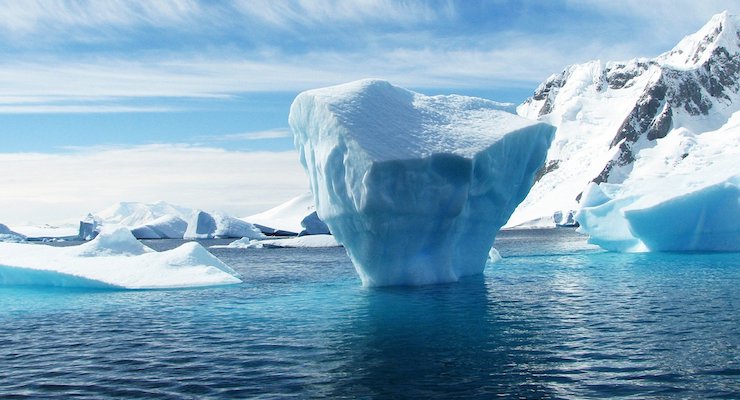02.01.22
Aker BioMarine’s Antarctic krill fishery was awarded an A-rating from the Sustainable Fisheries Partnership (SFP) in its 2021 review. This marks the seventh consecutive year that the company received this recognition from SFP, an independent nonprofit organization which reviews stocks and fisheries in the Pacific and Atlantic oceans.
An A-rating from SFP is only achieved if the fishery earns a total score of more than eight of 10 points. Aker’s fishery earned between eight and 10 points in all categories, making it one of the highest-scoring fisheries in the review.
“SFP’s rating is an important measure for us at Aker BioMarine because it tells not only the story of our own journey to meet our 2030 sustainability targets, but also the bigger picture story about how a fishery can operate well in a thriving surrounding ecosystem,” Matts Johansen, CEO, Aker BioMarine, said.
“In a time where oceans are under pressure from climate change, fisheries and fisheries management are put under high scrutiny. It is reassuring for us to have another validation of the performance of the krill fishery from a strong source like SFP,” said Pål Skogrand, director of sustainability and Antarctic affairs at Aker BioMarine.
SFP’s rating system covers five key areas: management strategy; manager’s compliance; fisher’s compliance; current stock health; and future stock health. In its 2021 overview, SFP reports an overall increase in corporate commitments, particularly in the areas of sustainable sourcing and fishery improvement.
“Sustainability is at the core of everything we do and it’s up to the ocean industries like ourselves to work methodically and sustainably over time to ensure that we are using this resource responsibly, if we are to succeed in ensuring the longevity of the oceans,” Skogrand said.
Aker BioMarine attributed its consistent A-rating to a precautious krill management approach, stringent catch limits, and its small but forward-looking industry. It collaborates across scientific, industry, and non-governmental organizations to maintain management under the Commission for the Conservation of Antarctic Marine Living Resources requirements. Additionally, the company supported the founding of the Antarctic Wildlife Research Fund, which facilitates and promotes Antarctic marine ecosystem research to improve the management of its krill fishery.
An A-rating from SFP is only achieved if the fishery earns a total score of more than eight of 10 points. Aker’s fishery earned between eight and 10 points in all categories, making it one of the highest-scoring fisheries in the review.
“SFP’s rating is an important measure for us at Aker BioMarine because it tells not only the story of our own journey to meet our 2030 sustainability targets, but also the bigger picture story about how a fishery can operate well in a thriving surrounding ecosystem,” Matts Johansen, CEO, Aker BioMarine, said.
“In a time where oceans are under pressure from climate change, fisheries and fisheries management are put under high scrutiny. It is reassuring for us to have another validation of the performance of the krill fishery from a strong source like SFP,” said Pål Skogrand, director of sustainability and Antarctic affairs at Aker BioMarine.
SFP’s rating system covers five key areas: management strategy; manager’s compliance; fisher’s compliance; current stock health; and future stock health. In its 2021 overview, SFP reports an overall increase in corporate commitments, particularly in the areas of sustainable sourcing and fishery improvement.
“Sustainability is at the core of everything we do and it’s up to the ocean industries like ourselves to work methodically and sustainably over time to ensure that we are using this resource responsibly, if we are to succeed in ensuring the longevity of the oceans,” Skogrand said.
Aker BioMarine attributed its consistent A-rating to a precautious krill management approach, stringent catch limits, and its small but forward-looking industry. It collaborates across scientific, industry, and non-governmental organizations to maintain management under the Commission for the Conservation of Antarctic Marine Living Resources requirements. Additionally, the company supported the founding of the Antarctic Wildlife Research Fund, which facilitates and promotes Antarctic marine ecosystem research to improve the management of its krill fishery.




























